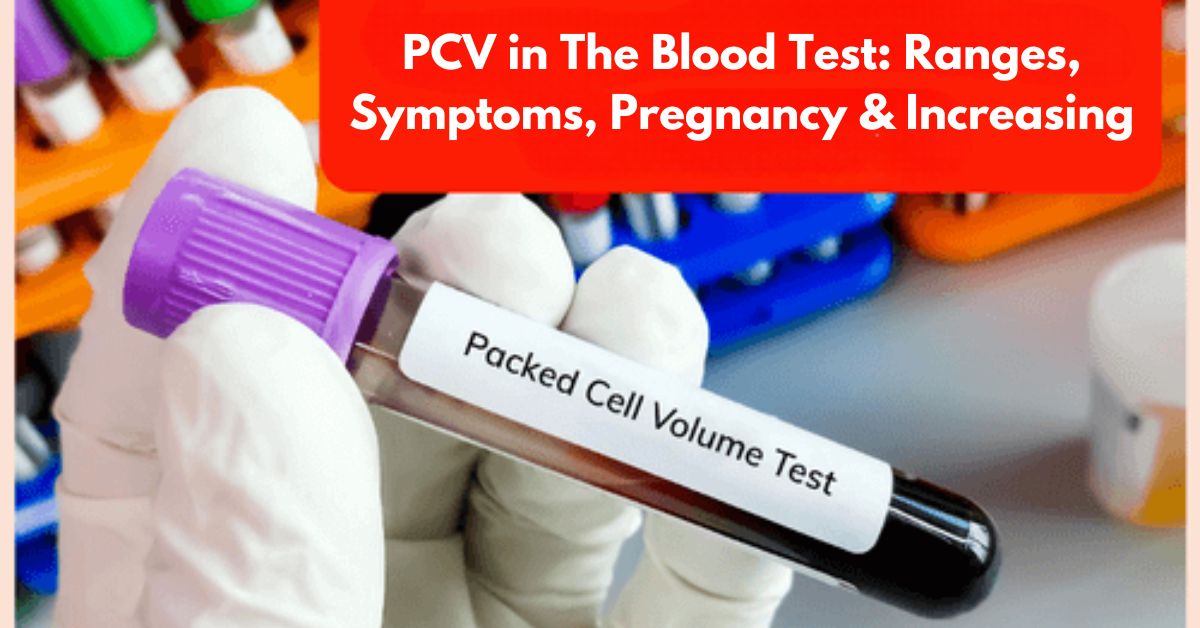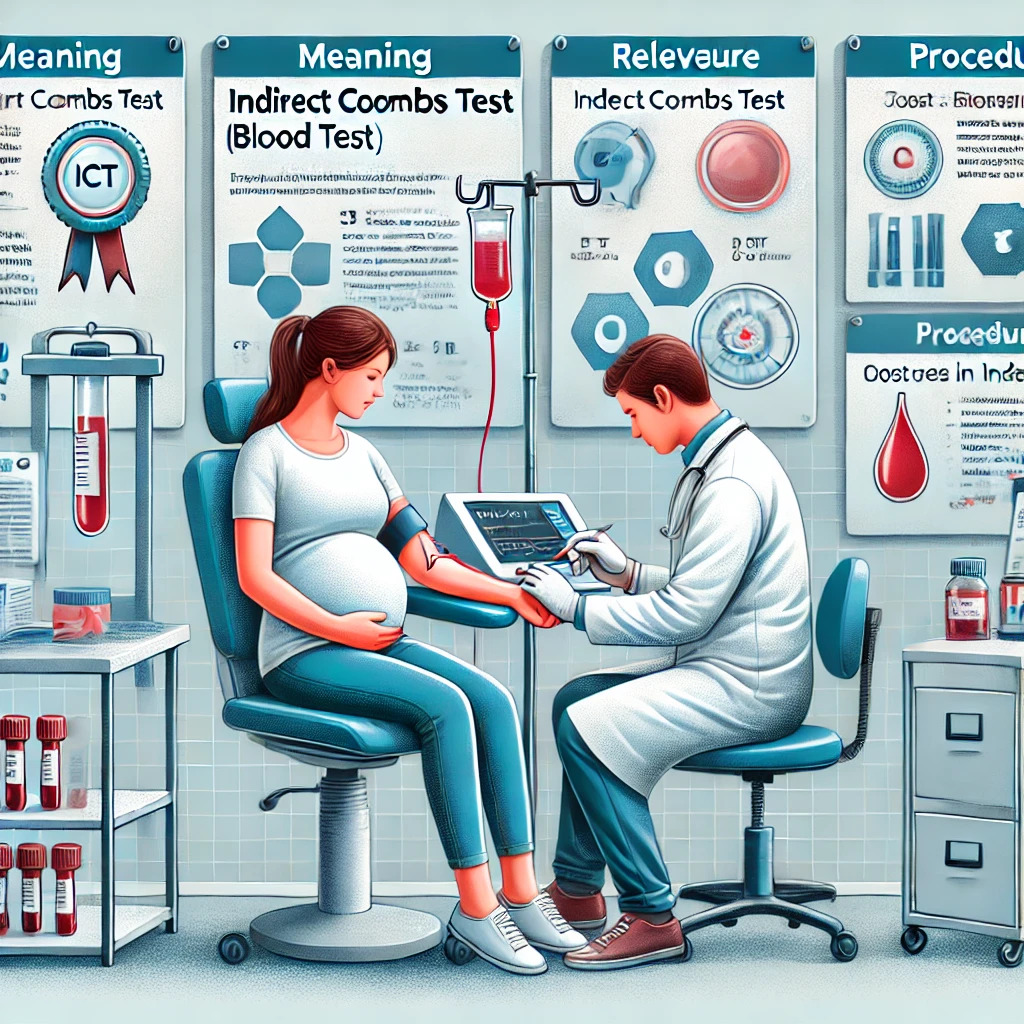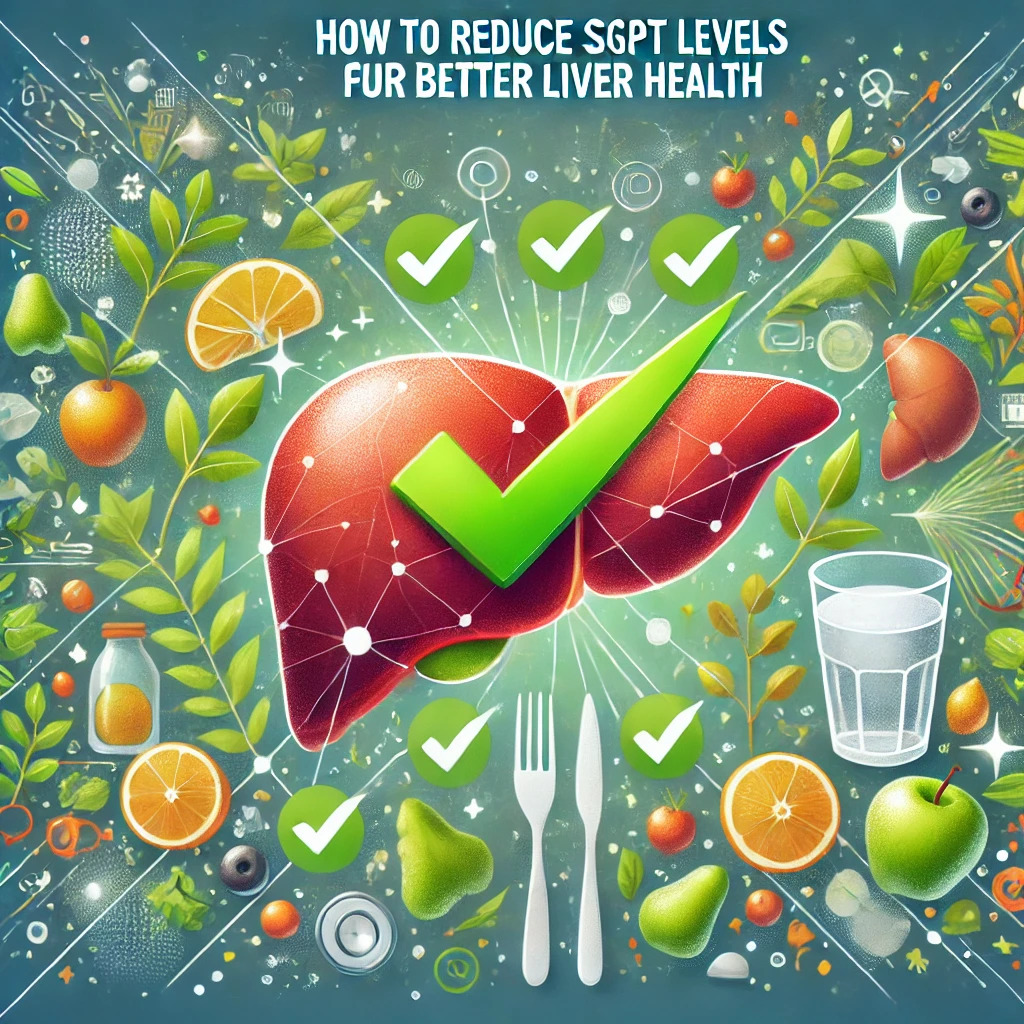PCV in The Blood Test: Ranges, Symptoms, Pregnancy & Increasing

Most of us get our blood tests every once in a while. When we look at the CBC (complete blood count) test reports, we often wonder what PCV in the blood test means. Abbreviated terms make understanding what these different numbers mean for our health even more mysterious and challenging. These seemingly cryptic codes hold much information about what is happening in our bodies.
This blog will explore the essence of PCV or packed cell volume. We will explain its significance in your blood tests and how this value reflects your body's oxygen-carrying capacity. We will learn what the normal and abnormal PCV values mean. We will evaluate their association with conditions like anaemia, dehydration, more than normal red blood cells, etc.
Eventually, you will learn that PCV in a blood test is more than just numbers. You will also learn about the factors influencing these numbers, like your diet, lifestyle, altitude, etc.
It is important to remember that PCV alone is not an indicator of issues or health but interacts with other test parameters to show your doctor a comprehensive picture of your health status.
So read on to get all the information you need as we unlock the secrets of PCV values in blood tests.
What is PCV in The Blood Tests?
The complete form of PCV is packed cell volume, which is usually a component of the Complete Blood Count. It may be done alone on rare occasions. It is a simple blood test.
To understand what we are testing here, you need to understand the different components of human blood. Simply put, the liquid part is called the plasma, with suspended blood cells. These blood cells are Red blood cells that transport oxygen to all the tissues with the help of a protein called haemoglobin. Then there are white blood cells, which help fight infections and play a vital function in human immunity. Next are the platelets, which help clot the blood, amongst other things.
Packed cell volume or PCV in a blood test measures the proportion of red blood cells in the blood sample. It is expressed as a percentage. In other words, this measures the rate of packed RBCs by volume in a blood sample, reflecting the number of red blood cells in the body. It is ordered alongside CBC and rarely alone. It may also be called a hematocrit test. It can help provide information about the blood volume and the oxygen-carrying capacity of the red blood cells.
The PCV blood test plays a vital role in:
Reflecting oxygen-carrying capacity of the RBCs.
Providing crucial hints for different blood disorders like anaemia, polycythaemia, etc.
Helping monitor response to a treatment for some blood disorders.
Guiding decisions related to transfusions in case of anaemia or major blood loss.
Acting as indicators of general health along with other parameters found in the CBC test.
Who Needs a PCV Blood Test and Associated Symptoms?
You will need a CBC test, including a PCV test, in these settings:
- As a part of complete or routine health check-ups
- When you notice fatigue or weakness
- When someone has pale skin or pale conjunctiva
- When you fall sick from infections, frequently
- To monitor anaemia during pregnancy
- If you are undergoing treatment for cancer
- If you have an existing inflammatory condition
- If you have kidney or liver disease
- In other medical conditions or when you need monitoring during treatment
Normal Range of PCV in Blood Test
The ranges for PCV blood tests are expressed as percentages. Now that you know that PCV is a vital parameter let us know its contents.
The usual range of the PCV test for men is 38.3 to 48.6 percent. The normal range of the PCV test for women is 35.5 to 44.9 percent. Please note that different labs may employ other methods for various blood tests, and these ranges can be slightly different. The typical contents of packed cell volume can be affected by certain factors that may be completely normal. This is why you must consult a medical professional to interpret your results.
Low PCV in Blood Test
- A level below 35.5% will be considered a low PCV percentage.
- It may indicate anaemia due to iron deficiency, vitamin B12 and folate deficiency, or other factors.
- It may be low due to blood loss because of any reason ranging from menstrual bleeding, because of ulcers, recent blood donation, or trauma.
- Certain inflammatory conditions can also cause the levels to dip.
- Liver-related disorders, kidney disease, and autoimmune problems can also cause low levels.
- Haemolysis (which is the destruction of red blood cells), certain cancers, and side effects of cancer treatment can also cause low PCV.
- The levels also go down in pregnancy because the plasma volume increases due to the ongoing changes, and this may cause the red blood cells to be a little diluted.
As you can note, the reasons could be minor and sometimes major. It will not itself indicate a specific disease but has to be a part of other tests to make a diagnosis when symptoms are present.
High PCV in Blood Test
When the ranges go over 48.6%, your PCV levels are high. There could be a lot of reasons for these high levels that can increase blood viscosity. This, in turn, is a risk factor for blood clots, high blood pressure, strokes, and heart problems.
Factors that increase PCV levels in the blood
Let us look at some factors that increase PCV levels in the blood:
- A bone marrow disorder named Polycythaemia vera can cause increased RBC production, increasing the packed cell volume.
- Smoking is a known risk factor that increases blood viscosity by increasing RBC production and decreasing plasma volume.
- A few genetic mutations can also elevate PCV levels in the blood.
- Some medicines like anabolic steroids and erythropoietin (which are given to increase RBC production) may lead to more red cell numbers and, thus, a higher PCV.
- Conditions that cause fluid loss, like dehydration or burns, can also raise PCV.
How is the test done?
This simple blood test for PCV does not require any preparation and fasting. A healthcare professional will draw a small amount of blood from your vein, most likely from your arm, and collect it in a test tube. You can request this test at home or visit a lab. O-Lab has the best people delivering services, making this a comfortable and safe experience.
This sample, which has an anticoagulant, will be placed in a centrifuge machine, spinning at high speeds, causing blood cells to settle at the bottom while plasma rises to the top.
The length of the packed RBCs at the bottom will be measured using a hematocrit tube. If the close RBC layer measures to be 50mm where the total blood sample was 100mm, the PCV would be expressed as 50%.
PCV in Blood Test during Pregnancy
Many parameters found in blood tests change during pregnancy. The body adjusts to support the growing baby, unchanged volume and composition.
We know that the normal range of PCV for females is 35.5% to 44.9%—specific changes cause this to fall between 33% and 38% in pregnant women.
This change can be attributed to a few factors. First, plasma volume increases because it has to transport nutrients and waste products to and from the baby. This increased volume will automatically dilute the red blood cells, lowering PCV.
Mild iron deficiency may also develop because of the increased iron needs as both the mother's need increases and the child needs it too. This can decrease RBC numbers and, in turn, PCV.
Your doctor will frequently get a CBC, including a PCV test. O-Lab in Jammu is a name you can trust for accurate blood test results and the best prices.
When the PCV falls below 30%, it must be investigated and treated. Again, when and when not to treat, as well as what percentage is concerning, is something a doctor can decide.
If you have symptoms like fatigue, weakness, dizziness, breathlessness, fast heartbeat, or pale skin, it is time to schedule a consultation.
Women who have closely spaced pregnancies, poor diet, chronic digestive problems, etc, are more likely to have low levels of PCV in Blood tests during pregnancy. Never miss your appointment with your doctor. Self-diagnosis can be dangerous.
Gender differences in PCV
Men and women have slightly different ranges of PCV in Blood.
Men have higher testosterone levels be, cause they have more red blood cells and haemoglobin. Haemoglobin has bigger bodies and more muscle mass, so oxygen demands are higher. They will need more RBCs. These factors lead to high PCV percentages in healthy men.
Women have less testosterone. Then, there is blood loss during periods, which can lower iron stores in some women. Smaller bodies and lower muscle mass contribute to less RBCs than men. Hormonal fluctuations also play a role. These factors also lead to lower PCV percentages in women compared to men.
Other Factors Which Influence Packed Cell Volume Ranges in a Blood Test
Altitude is a factor because, at higher altitudes, PCV will be more. This is because there is less oxygen as we go higher, which triggers the body to produce more red blood cells to supply adequate oxygen. More RBCs will be present in the blood with sustained exposure to high altitudes, increasing PCV. This happens after a specific duration of being at a high altitude. The decreased plasma volume also plays a slight role.
Poor quality sleep can also cause fluctuations in PCV levels.
PCV levels may also vary with age.
How to increase PCV in Blood Naturally?
When PCV in the Blood test is low, you might need treatment. Additionally, certain things may be done independently to augment the treatment.
Foods rich in iron, like green leafy vegetables, organ meats, etc, and foods rich in B12 and folic acid, like poultry, legumes, nuts, dairy, etc, can be beneficial.
You will need dietary changes for ulcers, liver disease, and kidney disease.
How to reduce PCV in Blood Naturally?
First, the underlying condition that has increased the packed cell volume needs to be treated by a doctor. You can help yourself recover better by drinking more water or rehydrating solutions if you are dehydrated. If you are well and don't have any disorders, you can also donate blood to reduce PCV. Limit of avoid smoking, which will also cut other health risks. You should not take steroids without medical advice.
Conclusion
It is not okay to interpret PCV numbers in blood tests independently because it requires further context. A doctor diagnoses or refers you for other tests after considering your present symptoms, past and existing medical history, and other parameters in the CBC test.
Age, sex, ethnicity, etc, can also impact these values.
If your PCV values are lower or higher than the standard ranges, you should consult your healthcare provider to make a diagnosis for you. Sometimes, it may be nothing out of the ordinary as some common factors can influence these numbers.
We hope you now understand the importance of PCV in blood tests and what it means. Get your blood tests only from an accredited lab so that your results are accurate and provided to you on time. O-Lab in Jammu is the best place for all your blood tests. We offer the best packages and prices while ensuring accuracy.





